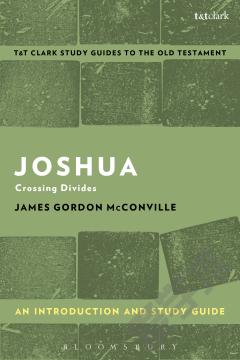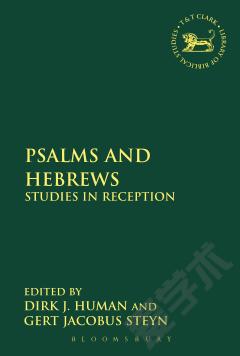Hebrews: An Introduction and Study Guide
This volume offers a compact introduction to one of the most daunting texts in the New Testament. The Letter to the Hebrews has inspired many readers with its encomium to faith, troubled others with its hard sayings on the impossibility of a second repentance, and perplexed still others with its exegetical assumptions and operations drawn from a cultural matrix that is largely alien to modern sensibilities. Long thought to be Paul, the anonymous author of Hebrews exhibits points of continuity with the apostle and other New Testament writers in the letter's (or sermon's) vision of life in the light of the crucified Messiah, but one also finds distinctive perspectives in such areas as Christology, eschatology, and atonement. Gray and Peeler survey the salient historical, social, and rhetorical factors to be considered in the interpretation of this document, as well as its theological, liturgical, and cultural legacy. They invite readers to enter the world of one of the boldest Christian thinkers of the first century.
{{comment.content}}








 京公网安备 11010802027623号
京公网安备 11010802027623号